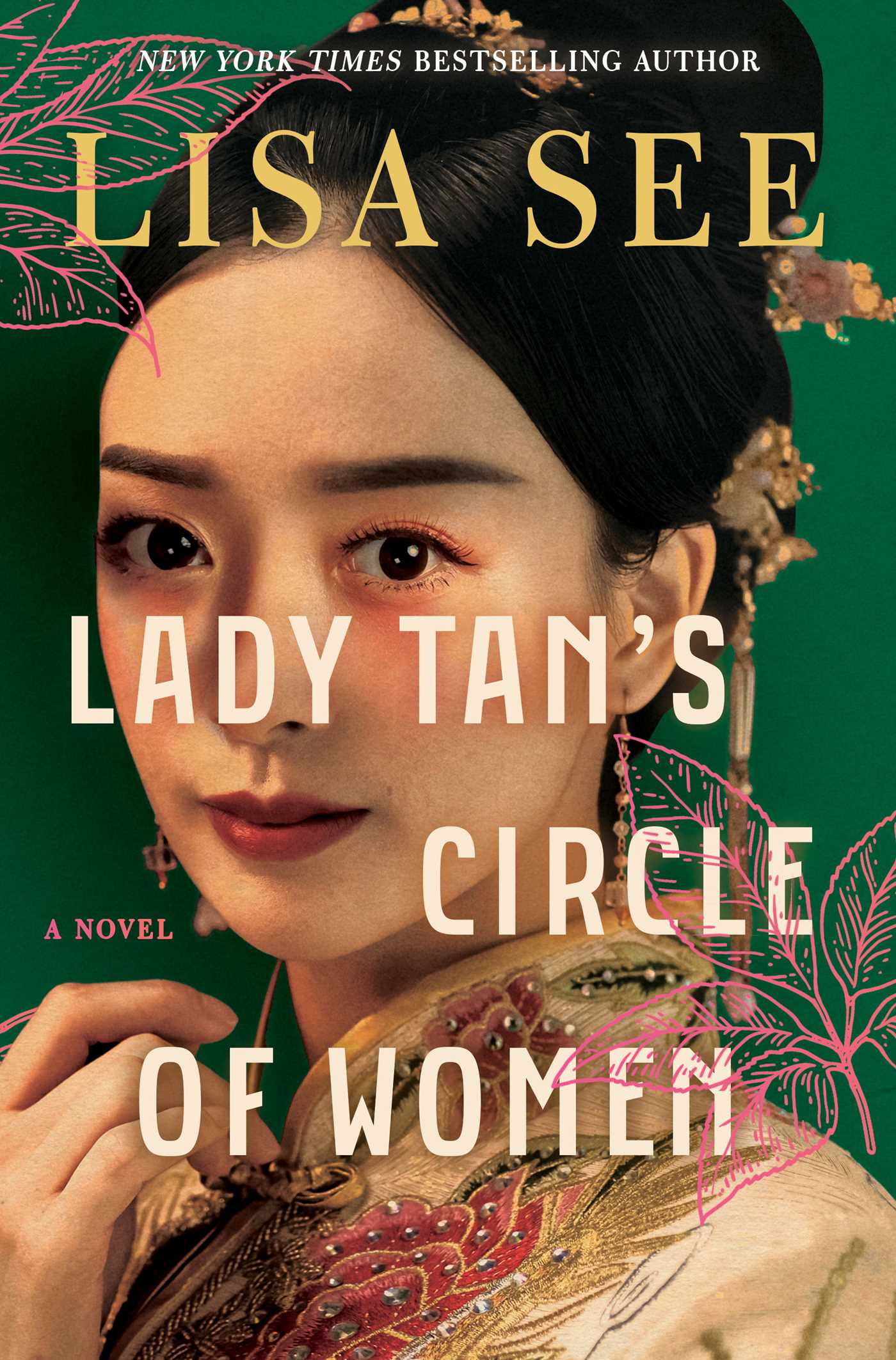
I recently finished reading Lisa See's latest book, Lady Tan's Circle of Women.
It's a book of historical fiction based on the real life of a female physician in China in the 1500s. Her practice covered mostly women with afflictions due to foot binding. She lost her own mother due to an infection in her bound feet when she was still a girl. After that, she went to live with her grandparents, who were both physicians, and to whom she apprenticed.
For childbearing cases, she worked with a midwife who became her best friend and confidant. Midwives could do things higher-born physicians could not -- like touch blood (There's plenty of blood in childbirth), and forensic exams.
Although I still do not understand the philosophy informing Chinese medicine as far as the 5 pulses or the many herbal remedies, I can't argue with centuries of practice. Lady Tan got results. The real Lady Tan wrote and published a book about some of her medical cases, and her remedies are still used today in Chinese traditional medicine. Apparently, Lady Tan and her friend even both got to go to The Forbidden City to help the Empress bear a child -- The trip of a lifetime for them both!
Ever since Snow Flower & The Secret Fan fell into my lap years ago, I've come to trust Lisa See as a storyteller. Her novels focus more on the relationships and friendships of women, rather than romance. There were so many moments when things could have turned ugly, catty, or mean, but they didn't. The women in Lady Tan's Circle looked out for each other, and became family. What other choice did they have?
Highly recommended!
Read more at Good Reads.







